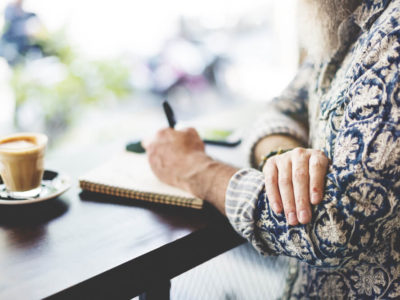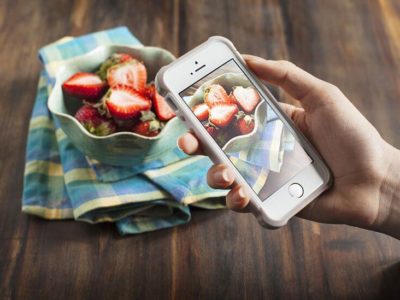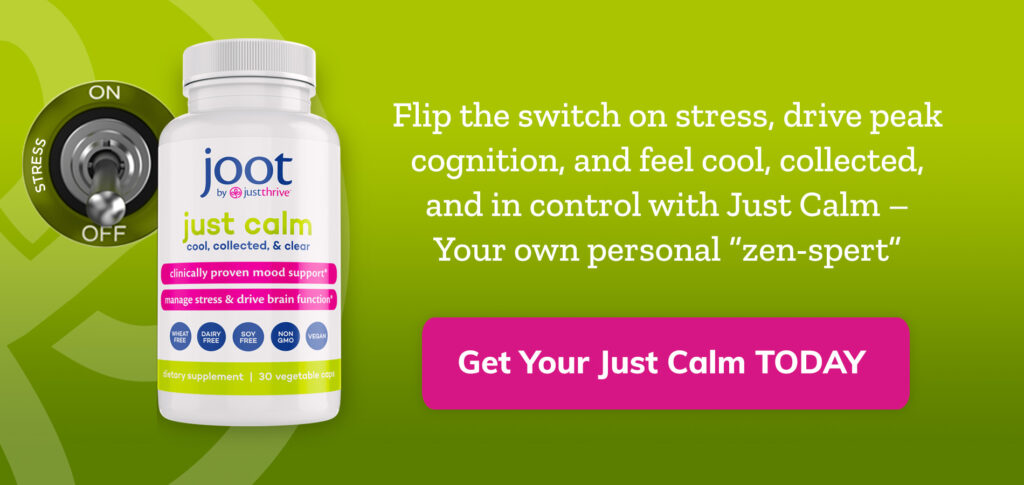Table of Contents[Hide][Show]
- The Facebook Like Button
10 Tips on How to Use Social Media the Right Way+−
- 1. Stop Socializing on Social Media
- 2. De-Clutter Your Digital Life
- 3. Give Up Technology You Don’t Really Need
- 4. Avoid the Dangers of Smartphones
- How Journaling Can Improve Your Life?
- 5. Start a Journal
- 6. Use Social Media Productively
- 7. Use Instagram in a Healthy Way
- 8. Get Over the Fear of Missing Out
- 9. Dumb Down Your Phone
- 10. Reaction to the Digital De-Clutter
- #Healthy: 5 Healthy Food and Fitness Instagram Accounts You Should Be Following
- 2 R’s Of De-Stressing: Retreat and Refresh
- 5 Mindfulness Exercises for Kids and Parents to Enjoy Together
Best selling author Cal Newport talks about reevaluating your whole relationship with social media and technology for better mental health. Keep reading to find out more.
The Facebook Like Button
The creation of Facebook’s like button ended up being the beginning of the reinvention of our relationship with our phones. Social media became less about you and your friends posting and reading each other’s posts.
With the like button integrated into social media platforms, it is now an accumulation of social approval. It focused more on how many people read and liked the post you published on Facebook and other social media sites like Twitter.
It became this incoming stream of social approval indicators in social media accounts. That is what turned us into compulsive smartphone users.
This is what got us from where we were in 2004, which is just going on Facebook because you’re bored, to today, which is spending 50 minutes a day on it or more. That reinvention increased our social media presence and really changed our relationship with our phones.
Social media was basically web 2.0, where the focus of the internet shifted from e-commerce to feeding you information about yourself. It basically forces you to passively receive information and content that the algorithms have chosen all day long for your social media profiles.
It went from “Let’s make web 2.0 a little easier,” to a completely different server. And a lot of people are unhappy with that change.
10 Tips on How to Use Social Media the Right Way
1. Stop Socializing on Social Media
Socializing on social media is, as far as your brain is concerned, not “real” socializing.
As human beings, what we have actually evolved to crave is sacrificing our time and attention on behalf of the relationships that matter to us. Socializing is what makes us feel alive as humans.
When you replace these difficult but meaningful interactions with these low friction, low-quality type online connections, we don’t get nearly the same satisfaction.
When that replacement happens, you’re left with a net loss or in social isolation. It can leave you feeling lonely, miserable, and stuck in unhealthy emotional areas with your mental health.
So when I say don’t click ‘Like’ or don’t leave comments, what I want to tell people is don’t try to convince yourself what you do on social media is social.
The easiest way to do that is to just really stop socializing so much on social media channels. This way, your human drive can be connected to the actual world you’re living in.
Instead of just saying “Congrats!!!” to a friend who just had a baby, just go to their house and bring a survival gear for the new parents. That’s a real connection which actually strengthens a relationship.
2. De-Clutter Your Digital Life
I’ve been experimenting with something I call a digital de-clutter, which is now at the core of my book, Digital Minimalism. This process is to transform people into a digital minimalist and improve actual social interactions.
In this experiment, you step away from all of this optional technology in life for a month to get you in touch with what really matters. At the end of the whole month, you carefully rebuild your online life based on the technology that will help you live intentionally.
I reached out to my email list in 2018 for anyone who was willing to try it. My hope was maybe a couple dozen people will agree and will allow me to talk to them.
Surprisingly, 1,600 people agreed to do it. This staggering response really showed me how much people wanted a change.
3. Give Up Technology You Don’t Really Need
There’s no one definitive list for the apps and technology to give up during the 30 days. But in general, if it’s a form of networking technology you use in your personal life that won’t cost a major problem if you step away from it for 30 days, then it should go on the list.
The obvious ones are popular social media websites, the news, and games. On the margins are streaming platforms like YouTube and Netflix.
On the other hand, some people had certain rules about Netflix where they can only watch it with other people. In a way, it’s still within a social setting with interactions with other people.
What the de-clutter didn’t cover, though, is work-related technologies. You can’t use this as an excuse to not answer your boss’ emails for a month.
4. Avoid the Dangers of Smartphones
Smartphones and ubiquitous Internet access have made it possible to banish every last moment of solitude. That’s because, in every single situation, you’re going to get a quick glance at the screen that will give you stimuli.
That prevents you from being alone with your own thoughts.
This is really dangerous. We lose a lot when we lose regular moments of solitude.
When you’re processing input from another mind—reading or listening to something—our brain takes that very seriously. If you’re constantly trying to fill all those moments of solitude, it exhausts the brain, causing anxiety.
You also miss out on some crucial self-development. Time alone with your own thoughts is when you have professional insights and figure out who you really are.
All of these cognitive processes require your brain to be a little bit bored. If you take that out of your life, it impoverishes your daily experiences.
You don’t need to be in solitude all day long, these moments just need to be pretty regular.
Related
How Journaling Can Improve Your Life?
Journaling For Stress If you are one of those people who feel like journalling is just another “to-do” on a list that is already unmanageable–you may want to rethink your position. New evidence based research is showing quantifiable improvements in life when people use journaling as a tool for stress reduction, personal development, and increased …
5. Start a Journal
What’s more important than actually reviewing your experiences is the process of writing it down.
The act of writing down your thoughts bouncing around in your head can be an act of solitude that’s really important. It helps people make sense of their lives.
6. Use Social Media Productively
If you’re going to use social media professionally, like for social media marketing, use social media like professional marketers. Social media is also a great way to provide customer service to both your happy and dissatisfied customers.
First of all, be clear and backed up by what moves the needle. Find out what moves the needle on your business and identify the activities that will work for your target audience and followers.
Maybe once a day, you log in for 20-30 minutes to do your work and that’s it, so the footprint of it in your life is small.
Thinking of increasing your social media presence for the sake of your business will give you an excuse to be glued to your phone all day long.
7. Use Instagram in a Healthy Way
Curate who you follow on Instagram to the most important and high quality for you. Then have a schedule, maybe one hour every other night and do it on your desktop.
If you’re also posting, then maybe spend 20 minutes every night to post. Then on every other night, you’ll get a longer read of what’s going on.
You’ll get 98% of the value for that schedule. What you’re avoiding is spending the huge mental cost on your brain of looking at your phone all the time.
8. Get Over the Fear of Missing Out
Minimalists don’t fear missing out on the unknown; they fear not spending enough time on the things they already know for sure are important to them instead.
Get involved in the interesting things you want to experience. Double down on the things you know are important.
9. Dumb Down Your Phone
If you dumb down your smartphone, it goes back to being this object that does a few things very well when you need it, but it doesn’t have to be a huge part of your daily life.
10. Reaction to the Digital De-Clutter
Most people experienced a bit of a withdrawal-type symptom for five to 15 days.
Another issue social media users had was a real sense of dread or anxiety regarding what they would do with their time. Interestingly, the intensity of this reaction depended on people’s ages.
Those who became adults before the advent of social media and smartphones were just going back to the things they used to do. But for people who are a little bit younger, who don’t have the same adult memories, found the experience really scary.
Ultimate health is about living the ultimate human experience. That requires you to step back and get intentional.
What matters is how to shape your life around that and how to confidently step back from everything else.
Listen to Cal Newport talk about how to step back from social networks in this podcast!
You May Also Like…
U





